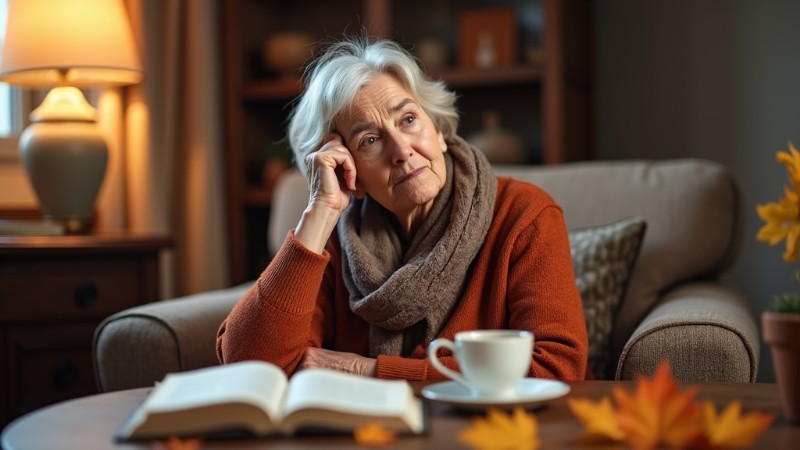When it comes to managing Alzheimer’s disease, family members often take on a significant caregiving role. This can be a challenging yet rewarding experience for many families, requiring patience, empathy, and understanding.
Recognizing the early symptoms of Alzheimer’s is crucial in providing effective care and support to affected individuals. Siblings, like Barbara Corcoran, who shared her family’s caregiving experiences, can play a vital role in this process.
By working together, family members can create a supportive environment that fosters independence and well-being for their loved ones.
Early recognition of Alzheimer’s symptoms allows families to seek professional help and develop a care plan tailored to the individual’s needs.
Proactive Strategies for Effective Caregiving
Family caregivers can benefit from incorporating healthy habits, such as regular exercise and social engagement, into their own lives.
By prioritizing self-care, caregivers can maintain their physical and mental well-being, reducing the risk of burnout and stress.
Engaging in activities that promote cognitive function, like puzzles or learning a new skill, can also benefit both caregivers and individuals with Alzheimer’s.
It’s also helpful to build a strong support network, which might include other family members, friends, or professional caregivers. No one should face caregiving alone, and having a team makes all the difference.
As Alzheimer’s progresses, caregiving responsibilities become increasingly complex and demanding. Families must also navigate end-of-life care, including managing pain, addressing social and emotional needs, and making difficult decisions about life-sustaining treatments.
Communication is key during this time. Families who talk openly about their loved one’s wishes—what they want and how they wish to be cared for—can make decisions with greater confidence and compassion.
The goal is to provide comfort, dignity, and a meaningful end-of-life experience that honors the individual’s needs and preferences.
The Value of Social Connections and Community Support
Strong social connections play a vital role in maintaining mental and emotional well-being for both individuals with Alzheimer’s and caregivers.
Engaging in activities that foster social interaction, such as group therapy or support groups, can help families build a network of understanding and support. Community programs and services, like adult day care centers or respite care, provide valuable resources for families navigating the challenges of caregiving.
These services offer families a much-needed break, while ensuring their loved one continues to engage in meaningful activities that promote mental and emotional well-being.
Effective caregiving requires a comprehensive approach that addresses physical, emotional, and spiritual needs. Families must prioritize self-care, seeking support when needed, while also promoting the physical and mental well-being of their loved one.
By embracing a holistic approach, families can create a loving environment that fosters independence, dignity, and quality of life for individuals with Alzheimer’s.
Conclusion
Family caregiving plays a critical role in managing Alzheimer’s disease, requiring patience, empathy, and understanding. By recognizing early symptoms, incorporating healthy habits, and leveraging community resources, families can provide effective care and support to their loved ones.
A holistic approach that considers physical, emotional, and social needs allows you to create an environment where your loved one can live with dignity, purpose, and as much independence as possible.
The journey is challenging, but with the right support and resources, families can navigate the challenges of caregiving and provide the love, care, and compassion their loved ones deserve.
By working together, we can improve the lives of those affected by Alzheimer’s disease and promote a culture of empathy and understanding. Together, we can make a difference in the lives of individuals with Alzheimer’s and their families.















